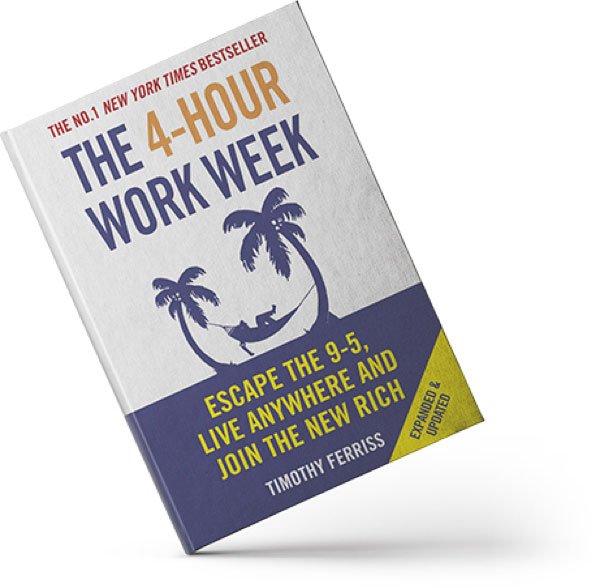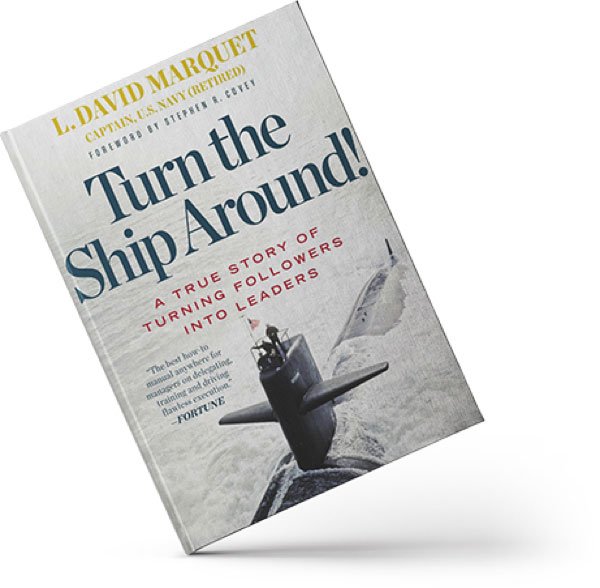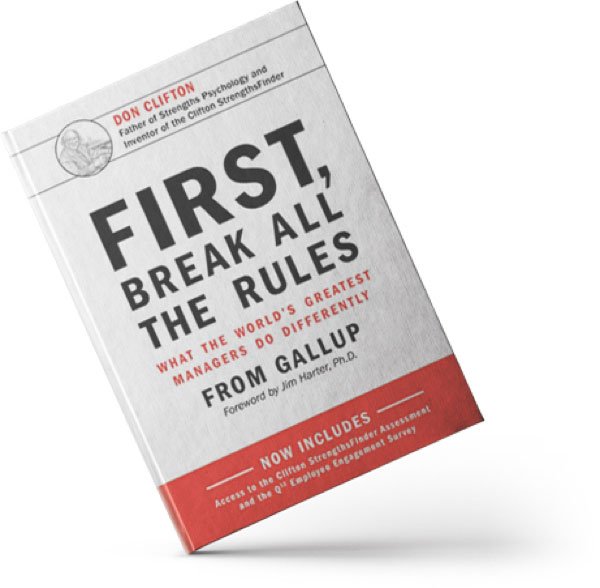Looking forward to getting that pay rise? If you have young children, you might like to think again.
Surely getting a pay rise is a good thing? Sadly not always. Particularly if you have young children AND your hard-earned pay rise tips you over the edge of the £100,000 income threshold.
There’s been a lot to celebrate for working parents. Including the announcement of an extended 30 hours free childcare support for children aged 9 months to 2 years. But when you delve a bit deeper, it’s not all sunshine and lollipops.
Jeremy Hunt’s extended support package only offers support for parents whilst their income is below £100,000. If one parent earns above this threshold, then the whole thing is taken away.
A two-parent family earning £99,999 each (total household income of £199,998) will qualify for full support. But a family earning £100,001 with a stay-at-home parent earning £0 (total household income £100,001) will have all of the support taken away because just one of them earns above the threshold. Creating a huge disparity.
The £100,000 threshold for tax free childcare support has been frozen in recent years, which means that it doesn’t increase in line with inflation. So, whilst your costs and salary may be increasing, the threshold doesn’t.
In terms of your annual income deficit, the Institute of Fiscal Studies has calculated that a parent with two young children paying for 40 hours a week in childcare could see their disposable income fall by a whopping £14,500 if their taxable pay exceeds £100,000
What’s more, when you earn above £100,000 you also start to lose your Personal Allowance. A double whammy if you also have young children and lose the childcare support at the same time. For every £2 earned over £100,000, you lose £1 of your personal allowance. So, for those of you earning above £125,150 you get £0 tax free personal allowance and £0 help with childcare – even if your spouse earns nothing.
ARE THERE ANY SOLUTIONS?
Some careful planning could help if you’re close to the threshold. The £100,000 is your taxable income, things like making additional pension contributions could help to reduce it. The alternative, and perhaps the most worrying for the economy, is that many will reduce their working hours so they simply earn less. It’s too expensive to work full time and receive your full salary.
If you’re worried that you fall into this conundrum and would like some assistance in planning your income or finding a solution, then please get in touch.



















